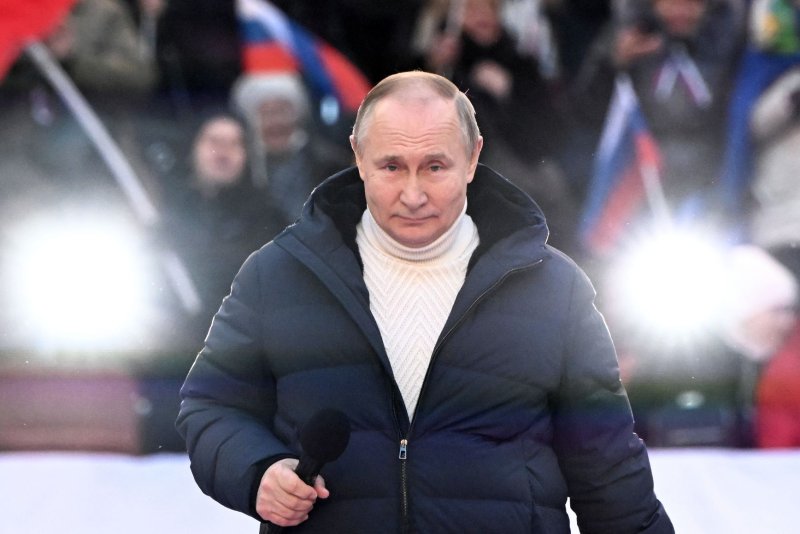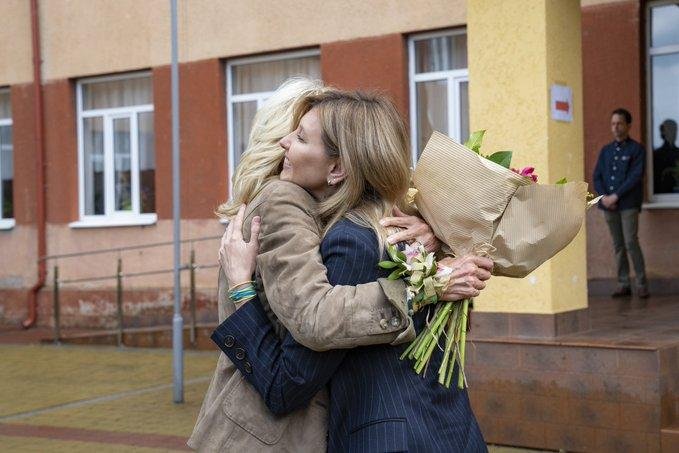Mysterious series of deaths among Russian oligarchs
Seven Russian oligarchs, many involved with oil and gas, have recently died under mysterious circumstances. Though suicide is officially suspected, speculation about the Kremlin's involvement abounds.

Gazprombank executive and oligarch Vladislav Avayev was found dead in his home
April 19, Lloret de Mar, Catalunya: The Spanish police received a telephone call from Fedor Protosenya, the son of a Russian oligarch, whose family owns a villa in the area. He reported that he had been trying for hours to call his mother from France but that no one was picking up the phone. When the police arrived at the family property, they were met with the bodies of Protosenya's parents and sister. The police initially assumed that his father, the millionaire Sergei Protosenya, had stabbed the women and then hung himself in the garden of the villa — but it didn't take long for doubts to surface about that course of events.
Russian oligarch Sergei Protosenya was found dead with his family their house in Spain
One day earlier, police in Moscow, about 3,000 kilometers (1,865 miles) away from the coastal city in Spain, also made a gruesome discovery: Vladislav Avayev, another millionaire, and his wife and 13-year-old daughter were found dead in their luxury apartment. The Russian state news agency Tass reported that Avayev had a pistol in his hand. He is suspected by authorities of shooting his wife and his daughter before taking his own life.
The incidents took place within 24 hours of each other, and the presumed courses of events are strikingly similar. Moreover, Protosenya and Avayev were both multimillionaire oligarchs from the highest ranks of the Russian oil and gas industries. Protosenya was at one point the deputy chairman of the natural gas company Novatek, while Avayev served as vice president of Gazprombank.
Their deaths were the latest in a series of mysterious deaths of Russian oligarchs — primarily from the energy sector — that have taken place in 2022.
In late January, a month before Russian troops invaded Ukraine, Leonid Schulman, a 60-year-old high-level manager at Gazprom, reportedly committed suicide. Then, on February 25, Alexander Tyulyakov, another former manager at the energy giant, was found hanging dead in his house in St. Petersburg. Three days later, the Ukraine-born gas and oil magnate Mikhail Watford was also found hanging dead in the garage of his country estate in Surrey, southern England.
On March 24, the billionaire Vasily Melnikov, head of the giant medical supply company MedStom, was found dead alongside hie wife, Galina, and their two young sons in their multimillion-dollar apartment in the Russian city of Ninzhni Novgorod. The details of their deaths also parallel those of Protosenya and Avayev.
And, finally, there is the case of Andrei Krukovsky. The 37-year-old was the director of the ski resort Krasnaya Polyana, located near Sochi. Russian President Vladimir Putin is said to have repeatedly invited his guests to ski there. According to the Russian newspaper Kommersant, Krukovsky was out hiking on May 2 when he fell from a cliff to his death.
RUSSIA'S OLIGARCHS AND THEIR SPORTS INVESTMENTS
Roman Abramovich (Chelsea)
56-year-old Roman Abramovich was the first Russian billionaire to make a foray into the sports world. His 2003 purchase of Chelsea transformed the Premier League side and created the blueprint for the acquisition of sporting assets by wealthy individuals. Chelsea have since won five league titles and two Champions Leagues, but Abramovich's UK assets have now been frozen by the government.
12345
'Senior Kremlin-linked people'?
The mysterious deaths of seven superrich Russians in just three months under such gruesome circumstances have opened the door to all kinds of speculation. Numerous media outlets have surmised that the suicides could have been faked. Some of them have even gone so far as to suggest that the Kremlin, or even Putin himself, may have been involved in some way.

Alexei Navalny, an outspoken Putin critic, was poisoned with a nerve agent in 2020
There have been multiple dramatic assassination attempts on Kremlin critics in recent years. In August 2020, opposition leader Alexei Navalny was poisoned with a Novichok nerve agent while at the Tomsk airport. Two years earlier, Sergei Skripal, the former head of the Russia's GRU intelligence agency, had been similarly poisoned. Both Navalny and Skripal survived. In 2006, Alexander Litvinenko, a former Russian security officer who had defected to the UK, was fatally poisoned with radioactive polonium in London.
In 2017, the US newspaper USA Today published the results of an investigation stating that at least 38 oligarchs had died or gone missing over the course of three years.

Former spy Alexander Litvinenko wrote books exposing the mechanisms inside Russia
What is striking about the 2022 incidents is that none of the deceased oligarchs was known to have made critical public remarks about the invasion of Ukraine. At the same time, none of them was on the international sanctions lists that were drawn up in the aftermath of the invasion.
A recently published post from the Warsaw Institute, a Polish think thank focused on Russia and security policy, stated that both the Russian police and Gazprom's security services quickly launched investigations into the deaths that occurred within Russia. "Possibly some senior Kremlin-linked people are now covering up the traces of fraud in state-run companies," a post on the institute's Russia Monitor site read.
There is no evidence to back this theory or speculation about violent involvement by a third party. And so, in the case of Sergei Protosenya, the Spanish police continue to presume that the deaths were murder-suicide. However, Fedor Protosenya doesn't believe that this was the case. "My father is not a killer," he told various British media.
This article was originally written in German.
If you are suffering from serious emotional strain or suicidal thoughts, do not hesitate to seek professional help. You can find information on where to find such help, no matter where you live in the world, at this website: https://www.befrienders.org/





















